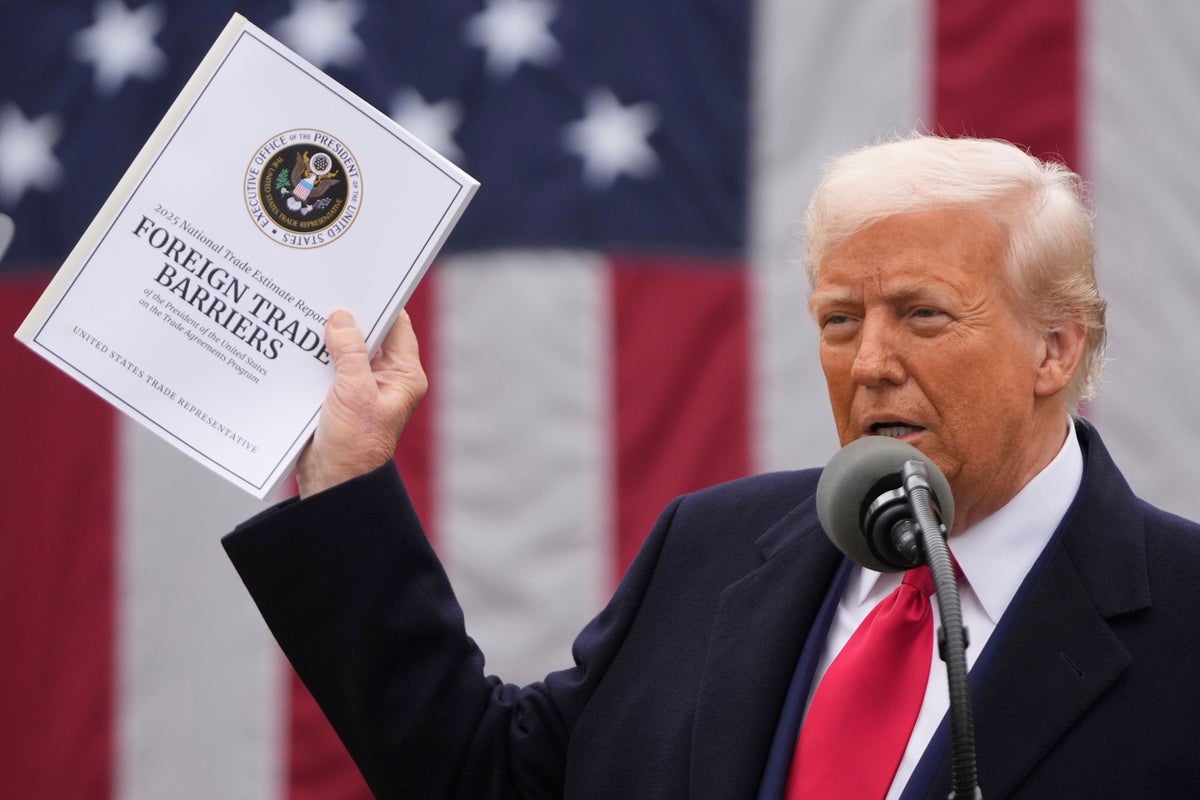The European Commission on Tuesday fined the Automobile Manufacturers' Association (ACEA) and 15 of its members a total of €458 million ($494.5 million) for engaging in cartel-like behavior regarding the recycling of used cars.
German giant Volkswagen was handed the heftiest fine of €127 million, followed by Renault/Nissan (€81.5 million), Opel parent company Stellantis (€75 million), Ford (€41.5 million), BMW (€25 million), Opel itself (€25 million) and Toyota (around €24 million). The ACEA must pay €500,000.
Mercedes-Benz would have been liable for a €35 million fine but avoided a penalty after reporting the long-running cartel in which it conspired with its rivals between 2002 and 2017.
EU cartel: What exactly did the carmakers do?
The Commission found that the carmakers had entered into anti-competitive agreements and had exchanged confidential information to prevent competition on the stripping, scrapping and recycling of old cars.
One key finding was that the manufacturers had agreed not to advertise their recycling efforts, thus preventing consumers from factoring in environmental impact when choosing a vehicle and reducing any potential pressure on the companies to go beyond minimum legal requirements.
"We will not tolerate cartels of any kind, and that includes those that suppress customer awareness and demand for more environmental-friendly products," said Commission Vice President Teresa Ribera.
All the manufacturers, whose offices had been searched by authorities in 2022, admitted their culpability in return for reduced fines.
UK issues fines in parallel probe
In a parallel probe in the United Kingdom, the British Competition and Markets Authority (CMA) also fined 10 carmakers and two trade bodies a total of £77.7 million (€93 million, $100.4 million) after concluding a similar investigation.
The CMA said BMW, Ford, Jaguar/Land Rover, Peugeot/Citroen, Mitsubishi, Nissan, Renault, Toyota, Vauxhall and Volkswagen had all "illegally agreed not to compete against one another when advertising what percentage of their cars can be recycled" and "colluded to avoid paying third parties to recycle their customers' scrap cars."
Lucilia Falsarella Pereira, CMA senior director of competition enforcement, said: "Agreeing with competitors the prices you'll pay for a service or colluding to restrict competition is illegal and this can extend to how you advertise your products. This kind of collusion can limit consumers' ability to make informed choices and lower the incentive for companies to invest in new initiatives."
Mercedes-Benz was again granted immunity after flagging the cartel.
Edited by: Sean Sinico

 1 day ago
6
1 day ago
6









